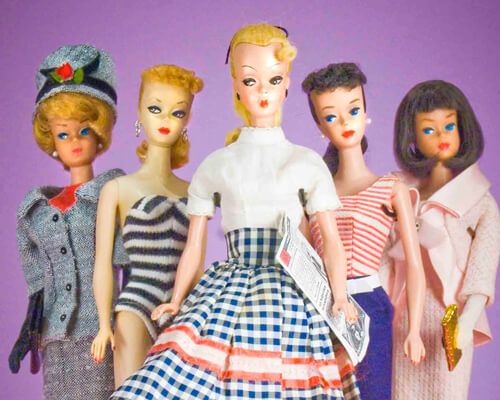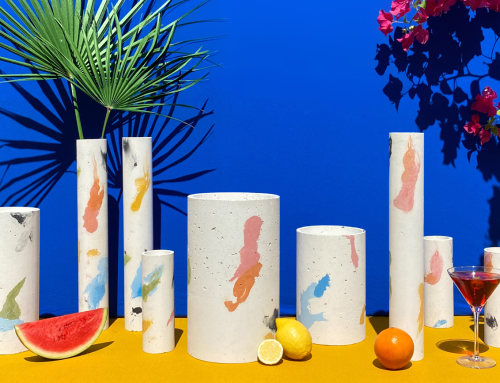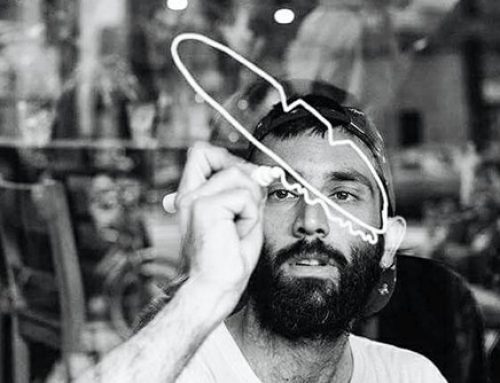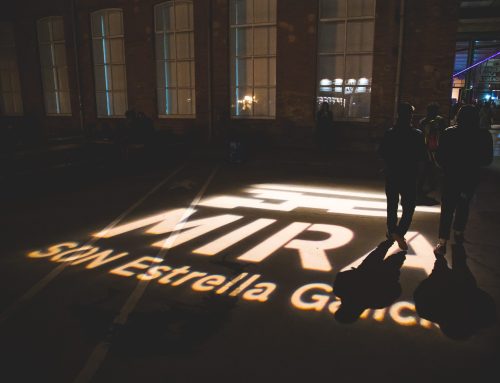One of the reasons why outsiders are so attracted to Barcelona is because Barcelona is so attracted to them. Or so they think. This has been seen by every new resident who’s ever rented an apartment and gone out the next day to the public market, where fish mongers, grocers and legume dealers promptly shower them with guapa or guapo. Being told you are good-looking in public is not something that happens gratuitously. Exactly why no one back home ever realized how smoking hot you were, or at least never mentioned it, is beside the point. Most people enjoy being told they are pretty or handsome, even after figuring out it’s just a sales technique. The very term peixatera sums this up wonderfully: someone who’ll stoop to the most shamefully effusive flattery to get you to buy a bit more.
Most of Barcelona’s modernity has been about making itself attractive to the world and then showing itself off, seen in the long line of world’s fairs, urban planning renewals and singular buildings, as well as attention to dressing, styling and preening. A central part of the Barcelona model was about constructing a paradigm about the unanswerable beauty of Barcelona and the folks inhabiting it, which would somehow compensate any other defect (like not being the capital of an independent state). Barcelona’s allure would be its magnetic appeal; folks the world over would be drawn in to gawk. Until recently this idea was so compelling that residents convinced themselves it was actually true, that Barcelonans really were a populace of fine faces and dreamboat bodies living in buildings with pleasing façades, in a city whose shops and squares and avenues were a veritable visual delight.
The collapse of the Barcelona model has had many consequences, with the loss of beauty one of the most glaring. An entire city has awoken to the realization that external appearance no longer matters, since it has done nothing to ensure civic sensibility or personal happiness. Freed from having to make itself appealing to others, it can wipe the slate clean and set about making itself liveable for its own. Beauty had not been in the eye of the beholder after all: it had been a mere mirage. Barcelona is no longer beautiful, and its people aren’t either, because the very paradigm that had fed such assertions with meaning has been dismantled and abandoned.
The end of Barcelona beauty explains why these last years have been so earnestly dedicated to cultivating subtle forms of ugliness and bad taste, with shabbiness and negligibility winning the day. People have even chosen to be nasty on purpose, as neither social dissidents nor Catalan separatists could care less about what the objects of their ire may think of them. All pleasantries have been saved, including the need for a decent haircut. Anti-style and an ethics of substance have merged in a radical message about beauty’s essential irrelevance: just exactly what benefit had physical enchantment provided to Barcelona anyways, or to humankind for that matter? What good had it been to admire something only a tiny percentage of people could claim to possess? Wouldn’t it be better to worry about poverty, tackle hunger and declare itself open to refugees, than to fret about a pretty visage?
Whether deliberately or not, Barcelona is now at the forefront of a worldwide phenomenon we could call post-beauty. A rescheduling of priorities, a new awareness of the silliness of cities wanting to be loved and admired, as if that could somehow reflect on their residents. Exhaustion, in effect, of so much of what has driven Barcelonans to be what they’ve been.
In recent years certain scientists have proposed we are living in a new geological era, the Anthropocene, where humans have had a decisive (and decisively pernicious) impact on the planet and its atmosphere. Everything has been altered, including its geomorphology. That the Anthropocene announces an era of post-beauty, an irremediable scarring of Earth’s formerly harmonized face, seems clear enough. In retrospect, it’s a wonder we could be so enamoured with the idea of beauty for all these decades, all the while perpetrating such horrible crimes against it. We’ve gotten to the point where just saving face would be quite an accomplishment, without having to worry about making it up pretty.








